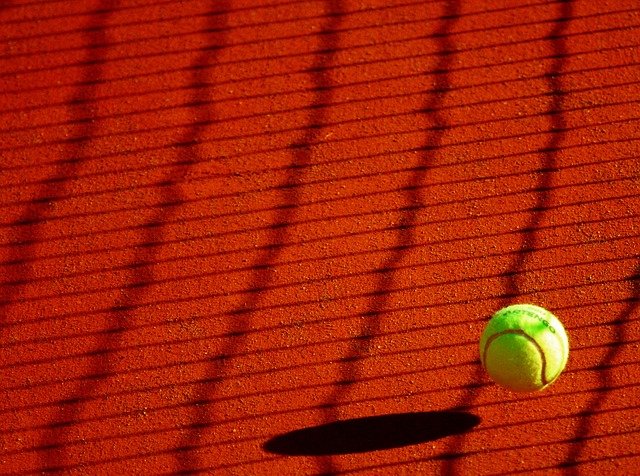Why Playing Tennis Is Good For You Regardless Of How Old You Are
Why Playing Tennis Is Good For You Regardless Of How Old You Are

Tennis clubs countrywide are opening their doors to anyone and everyone with an interest in playing tennis. This comes after an awe-inspiring fortnight of tennis at Wimbledon and will mark the start of the next Nature Valley Big Tennis weekend scheduled to begin on Saturday, July 20th.
Tennis is a sport for almost all age groups. Furthermore, it’s an intergenerational sport. A reasonably fit grandparent can enjoy playing tennis with their grandchildren, as long as they can hold a racket. As such, when tennis enthusiasts say tennis is for anyone aged “between four and 94,” it’s not an exaggeration.
This is still the case in the professional game where players like Martina Navratilova and Jimmy Connors were still active players in their 40s. Another prime example is 43-year-old Leon Smith, who hopes to continue playing up to his 80s for his local club. He has been the captain of The Great Britain Davis Cup for the past 10 years.
Leon Smith asserts that tennis is great for fitness. He also reckons that there are mental health benefits that come with playing tennis. Tennis is a very social sport and will keep you surrounded by friends.
It does not matter at what age you start to play. Tennis will deliver regardless of the age you start playing as long as you are determined to play or keep on practising. I would highly recommend seeing JB Corrie Padel and seeing the services they have to offer.
Early Childhood (4-11 Years)
While it’s apparent kids will benefit from improved hand-eye coordination and balance to hit the ball every time, there are other benefits.
Regardless of your stage in life, tennis is associated with other general health benefits that can boost the immune system like cardiovascular and aerobic.
One will develop their fine motor skills by learning about angled volley, lobs, and drop shots. Additionally, tennis can improve your agility due to frequent changes in direction as you contest for points.
Youth (adolescence and 20s)
At this stage of life, it might seem like a lot happening and you might not find time to play tennis. However, this would be a mistake as you’d miss out on its benefits.
Since tennis requires a rapid change of direction at quick-fire speed and running an equivalent of five miles while utilising intensive bursts of energy, you’ll benefit from improved endurance and speed.
Moreover, you need discipline, patience, and dedication, to play the game, all of which a great life skills. Moreover, the sport supports your mental health by encouraging you to socialise off the court.
Consequently, tennis players have been shown to perform better in academic tests, scoring higher in self-esteem, optimism, and lower in anger, depression, and anxiety compared to non-players.
Between The 30s and 40s
As you progress into your thirties and forties, continuing to play tennis can be rewarding and a crucial element of your work/life balance, especially if you stuck with tennis and played in your twenties.
Playing tennis regularly has been shown to be helpful in the improvement and/or maintaining muscle development and for bone health. This is important as we reach peak bone mass around 30 years and only slows down after that. Playing tennis is a weight-bearing activity that ensures your bones remain strong and healthy.
During career-building years, playing tennis is a great stress reliever. In men, anecdotally, it has been shown to help put mid-life crisis on hold for at least a decade.
Middle age (the 50s)
Since playing tennis is as easy as picking up a racket and being mobile enough, one can start and restart playing tennis at any age. This is one of its many significant advantages.
